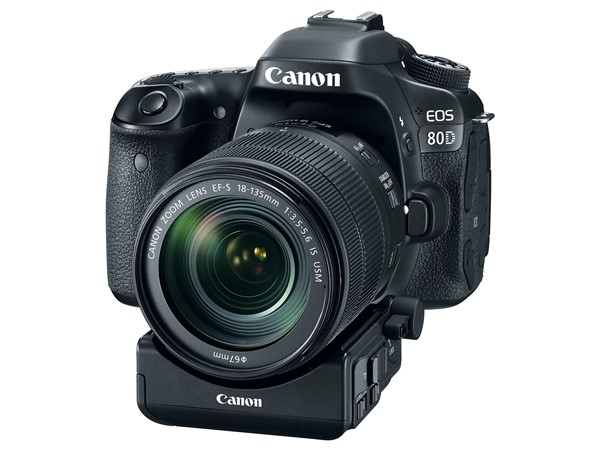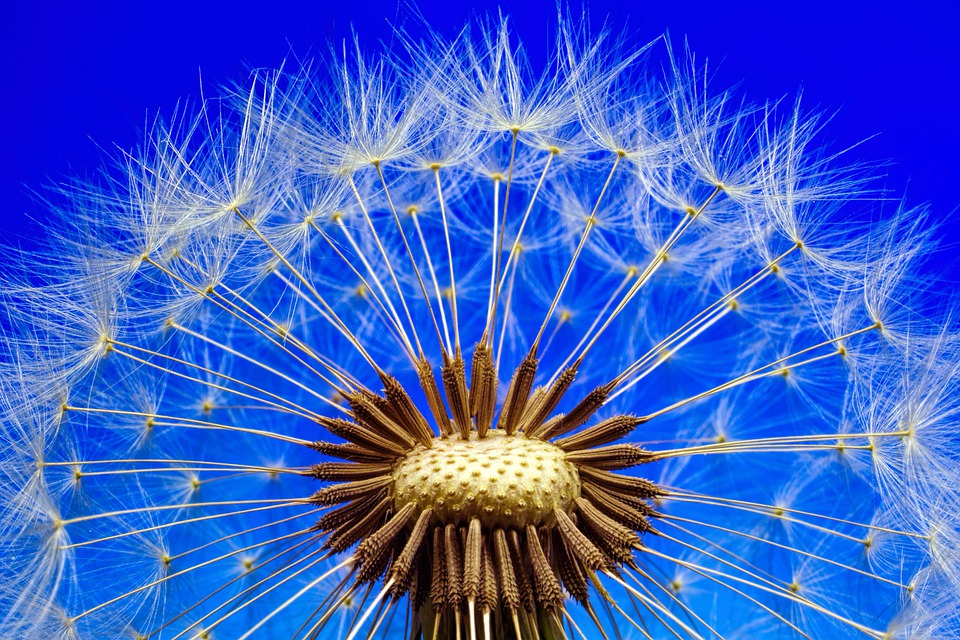The Canon 80D is an enthusiast-level DSLR, and the successor to the 70D. It sports a new 24MP APS-C CMOS sensor which, like the 70D, offers Canon's Dual Pixel on-sensor phase-detection autofocus system. The 80D also gains a new 45-point hybrid AF system with all of the points being cross-type. This is a step up from the 19-point AF system in the 70D, though not quite at the same level as the 65-point coverage offered by the more professionally-oriented 7D Mark II.

Source
The Canon 80D phenomenal camera for shooting the two stills and motion pictures and these are the best settings to shoot films. Keeping in mind the end goal to roll out any improvements in the 80D for video you should be in the Video Mode. Turn the Dial Mode round to the extremely base alternative which demonstrates a camcorder, and you will hear that the mirror inside the camera fly up. That empowers you to see through the review screen at the back which is the main way you can shoot video on this camera. It likewise gives you access to the menu tabs which are committed to video and the principal thing that you truly need to do here is pick your video framework. This was created when TV frameworks were altogether different and on the off chance that you needed to demonstrate your recordings on a TV screen you needed to adjust what was shot on the camera to the TVs that you will be demonstrating the video on. There are two frameworks, one is PAL and the other is NTSC. NTSC has a tendency to be the framework which is worked in the United States and PAL has a tendency to be the framework which is worked in Europe and different parts of the world. There's not a huge measure of distinction. Nonetheless it changes the way that the camera works somewhat. So when you begin to take a gander at the edge rates you will see that under NTSC you get a casing rate choice of 60 outlines for each second or 30 outlines for every second. When you're in PAL you get the alternative of 50 outlines per second and 25 outlines for every second. They're the genuine contrasts that you will take note. The vast majority nowadays don't shoot on DSLR with a specific end goal to demonstrate their recordings on TVs. They tend to utilize it for web-based social networking or appearing on a workstation. In which case it doesn't have extremely any effect. In any case, so as to change that you have to go into the menus and you go to Tab 2 and down at the base you have the choice to change Video System.

Source
The second thing you have to consider is document size and casing rate. These things are very imperative since they will choose the nature of the recordings that you shoot. This camera is truly great - it'll shoot 1080p which is full HD and it will likewise shoot 720p which is standard HD - both of which are splendidly satisfactory for online networking stages. Keeping in mind the end goal to roll out those improvements we go again into Video Tab 2 and discover Movie Recording Size. On the off chance that we push on that alternative then we get four decisions. Contingent upon whether you've picked NTSC or PAL, you most extreme rates will be either 60fps or 50fps.The third thing you have to consider when shooting motion pictures with this camera is presentation. When you're shooting stills with the Canon 8D you have bunches of decisions. They're all on the Mode Dial and they go from altogether manual to self-loader and afterward to totally programmed choices In the majority of these Modes the camera is attempting to get the best introduction for the stills that you're shooting inside the given parameters that you have displayed to it. With films it's extraordinary. You have two choices - you can either shoot Automatic or you can shoot Manual. With Automatic in the film setting the camera will attempt to get the most ideal presentation for you and much of the time it works exceptionally well, so I would recommend that at first in any event you shoot in Automatic just to discover how the camera functions and you don't need to stress then over the introduction on the grounds that the camera will do as well as can be expected for you. In any case, on the off chance that you need to go into Manual there are diverse methods for changing the different parameters for Manual that are distinctive to the way that you would do that for stills. In the Menu, Movie Exposure is in Video Tab 1 and you get the two choices, Auto or Manual. In the event that you go into Manual then you have considerably more control over the settings that you can have. You will see that you have alternatives for setting the Shutter Speed for setting the Aperture and for setting the ISO. For the Shutter Speed, pivot Main Dial. By discouraging the AV catch here and turning that Main Dial you can change the Aperture. The ISO is changed by squeezing the blaze catch and turning the Main Dial.The fourth thing you have to consider is sound. The Canon 80D does not have an outer receiver attachment. It simply has an interior mouthpiece, so stable can be somewhat restricted with this camera. Yet, in the event that you go into Menus and on Shooting Tab 2, the second one down is Sound Recording and you can set that to one of three alternatives. You can have either Auto, Manual or Disabled. I would contend against debilitating it totally in light of the fact that occasionally it's helpful to have sound, regardless of whether you don't expect to utilize it in the finished edition. Auto isn't terrible yet it will endeavor to get however much stable as could reasonably be expected and you may not need that - you may not need the encompassing sound. Manual isn't too awful given you're sensibly near the wellspring of sound. There is a decibel bar going over the base and, as with most cameras, the goal is to endeavor to crest on around 12. As far as its chronicle in itself it's in reality quite great, so I wouldn't be unfavorable to utilizing the inner amplifier, you simply must be somewhat watchful.

Source
Congratulations @abuobaida! You have completed some achievement on Steemit and have been rewarded with new badge(s) :
Click on any badge to view your own Board of Honor on SteemitBoard.
For more information about SteemitBoard, click here
If you no longer want to receive notifications, reply to this comment with the word
STOPDownvoting a post can decrease pending rewards and make it less visible. Common reasons:
Submit
Congratulations @abuobaida! You have completed some achievement on Steemit and have been rewarded with new badge(s) :
Click on any badge to view your own Board of Honor on SteemitBoard.
For more information about SteemitBoard, click here
If you no longer want to receive notifications, reply to this comment with the word
STOPDownvoting a post can decrease pending rewards and make it less visible. Common reasons:
Submit